Why Forager still prefers volatility over comfort
After one of the strongest starts to a financial year in years, Forager’s team is reminding investors that momentum can shift faster than fundamentals.
Chief Investment Officer Steve Johnson opened the firm’s September-quarter update with a mix of satisfaction and caution.
“It’s been a very strong start to the financial year,” he said. “The Australian Fund is up 15% to the end of September and 42% for the past 12 months.”
But after several “friendly” years for Forager’s style of small-cap stock picking, Johnson warned the winds are changing.
“It’s gone from a very friendly environment for us to one where stock selection is going to get more and more important. Our discipline around valuation and opportunities is going to become increasingly important as well.”
During this update, Forager’s Steve Johnson, Gareth Brown, and Alex Shevelev unpacked performance drivers, portfolio changes, and where they’re finding (and avoiding) opportunity today.
Below, I summarise the highlights from the discussion.

A changing market pulse
The past quarter saw small-cap stocks come back into favour both in Australia and abroad - a reversal of the post-pandemic trend that favoured mega-caps and momentum names. Yet Johnson pointed to growing macro imbalances that investors can’t ignore.
“There’s plenty of stuff to worry about,” he said, noting stubbornly high US 30-year Treasury yields near 5%, despite falling inflation. “That reflects concerns about the fiscal position in the US and the independence of the central bank.”
He also highlighted gold’s parabolic rise, part fundamental, part “meme”. For Forager, the message is restraint: more cash, fewer crowded trades and focus on fundamentals.
“It’s a time for more concern than I would have had 12 months ago,” Johnson said.
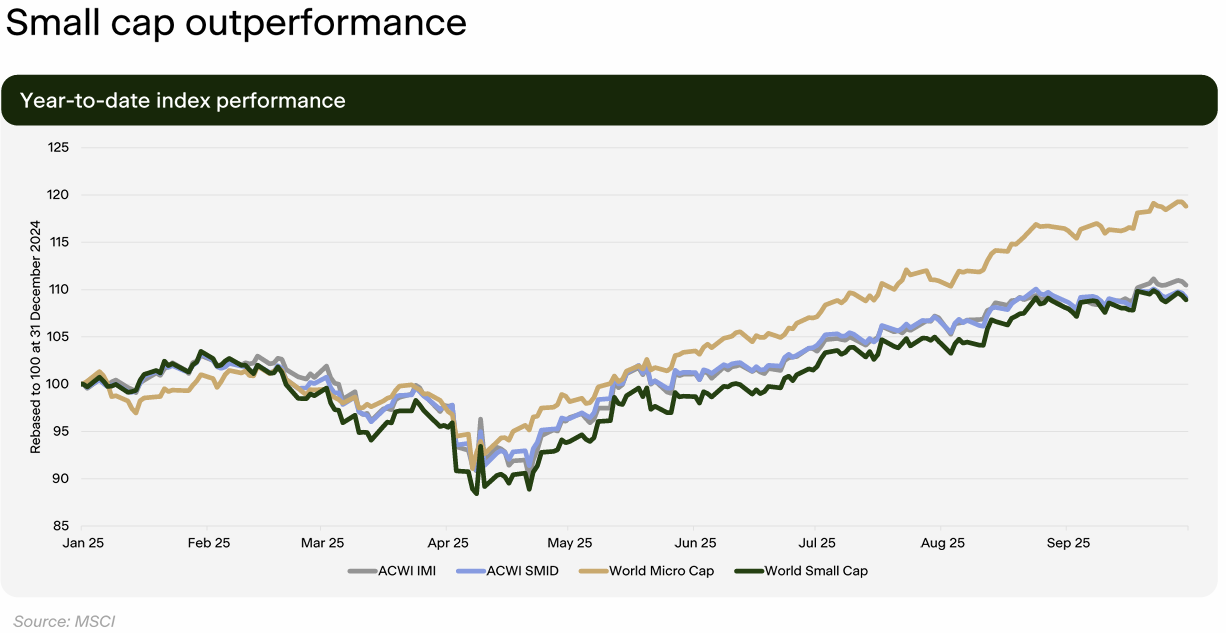
International fund: hunting at the smaller end
Portfolio Manager Gareth Brown reported that global equities were “decent but more subdued” than Australia’s surge.
Small-caps outperformed large-caps globally, with "strength in the US" as the main driver, though Forager’s own performance lagged slightly due to stock-specific issues.
One example was Fiserv (NYSE: FI), a long-term compounder undergoing growing pains. “Clover, the rapidly growing part of its business, has slowed down and that’s got growth investors panicky,” Brown said. “Revenue was up 30% last year on 8% volume growth… but everyone’s starting to panic that a downgrade’s coming.”
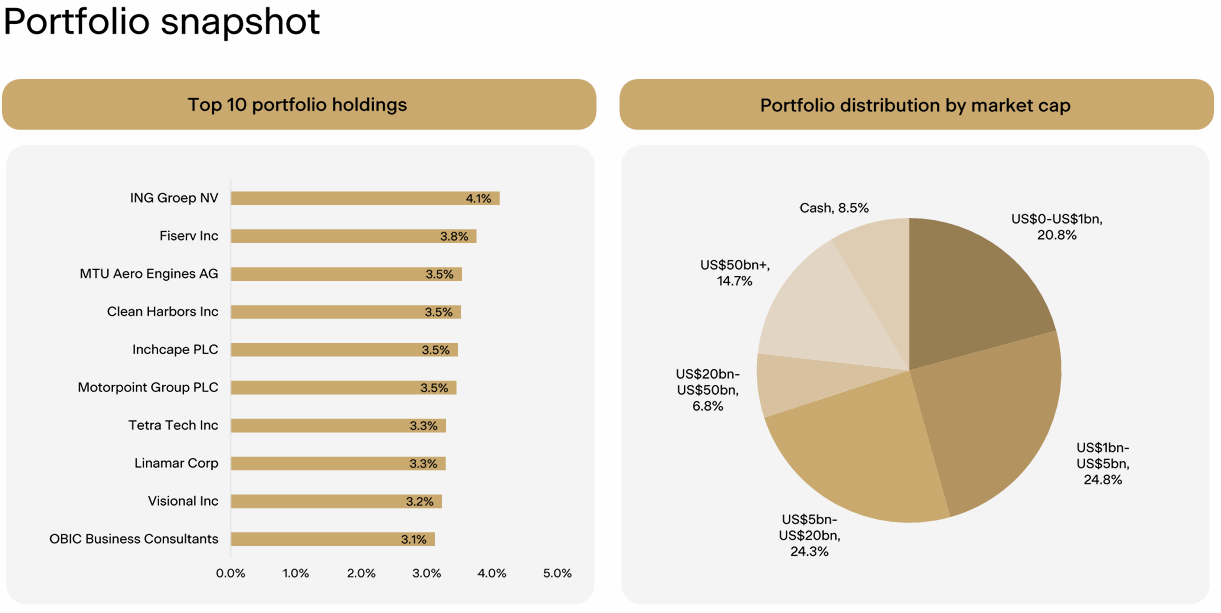
Johnson added: “They’ve backed themselves into a bit of a corner. I wish they’d just cleaned the decks and set expectations at an appropriate level.”
By contrast, some of the team’s special situations have fired. Brown cited Zegona Communications (LON: ZEG), which bought Vodafone Spain using a clever structure of redeemable preference shares: “It’s up more than 100% since we acquired it six months ago.”
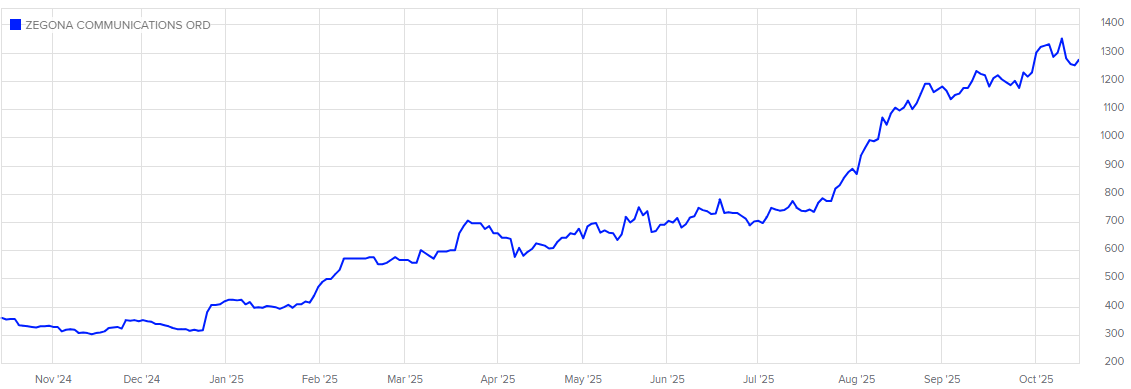
Another newcomer, Inchcape (LSE: INCH), distributes vehicles in smaller markets like Chile and Singapore. “It’s a cyclical business but high-returning over the cycle,” said Brown. “Management’s nailing it on capital allocation, buying back nearly 10% of equity in a year.”
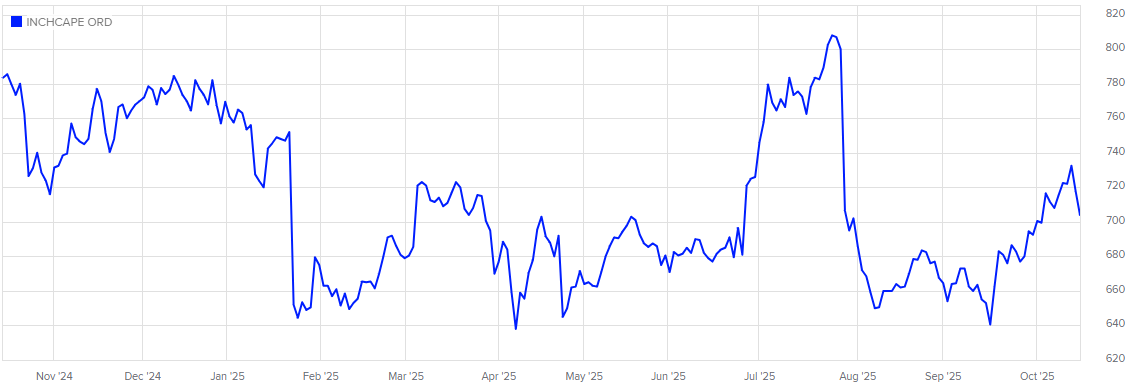
Japan’s corporate awakening
Brown devoted part of the session to Japan, now a key hunting ground for Forager’s International Fund.
“Buybacks last year nearly topped 20 trillion yen,” he noted, calling it evidence of “a cultural change… management teams really falling into line” as governance reforms take hold.
Japan’s dividend-plus-buyback yield now sits near 5%, roughly double US levels. The opportunity, Brown argued, lies in under-the-radar small and mid-cap technology firms modernising business models and balance sheets.
He spotlighted eWell (TSE: 5038), a SaaS provider for Japan’s in-home nursing industry. “It’s a direct beneficiary of Japan’s ageing population," said Brown. "The software makes nurses more efficient, many still use paper or Excel, and eWell is the largest player by far.”
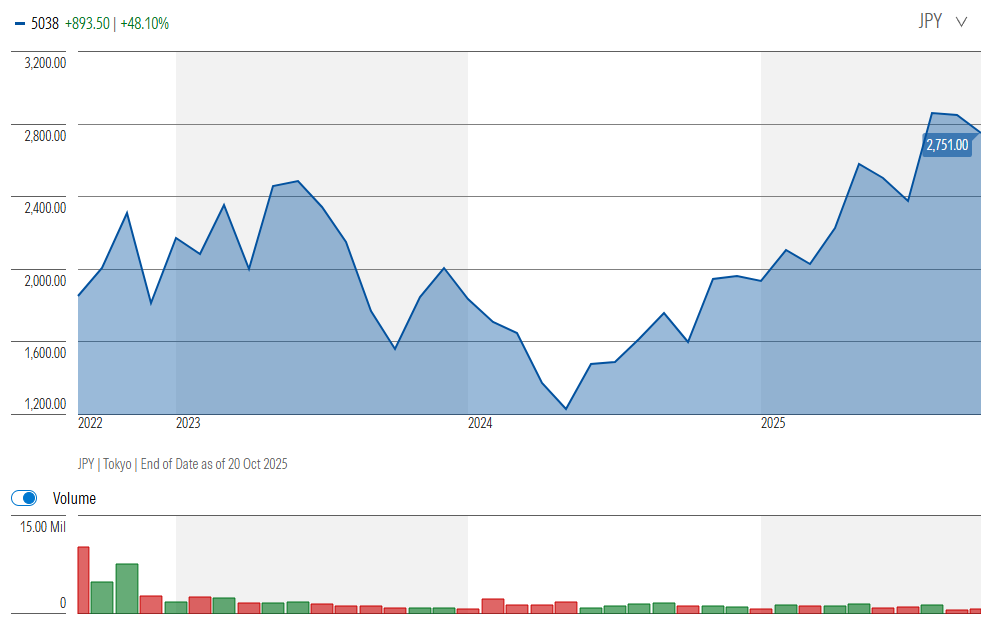
These companies “don’t look cheap at first glance,” Brown admitted, “but many sit on cash, expanding margins, and converting to recurring software models.” Johnson agreed: “This is a space we’d really like to be invested in for the next 10 years.”
Small-cap value still on sale
Despite the global rally, Brown said relative valuations remain attractive.
“Small caps have historically traded at a small premium to large caps because they typically grow faster. They’re now at a sharp discount, and have been for three years.”
That dispersion creates fertile ground for Forager’s style of active rotation. “Whether the discount closes quickly or takes a long time, we’re well placed to generate good returns,” Brown said.
Australian Fund: riding (and re-positioning) the rally
For the domestic portfolio, Alex Shevelev described a “hot start” to FY 2026: up 15% in the quarter and 42% over 12 months. Yet turnover has been high, with old winners sold and new ideas emerging.
One standout exit: Catapult Group (ASX: CAT), whose share price surged from $2 to over $7 following an ASX 200 listing. “It contributed about 12% of the FY25 result,” Shevelev said. “We sold the remainder around the time it went into the ASX 200.”
“Our discipline around moving on from things is really important," Johnson added. "We’re completely out when prices no longer meet our required returns.”
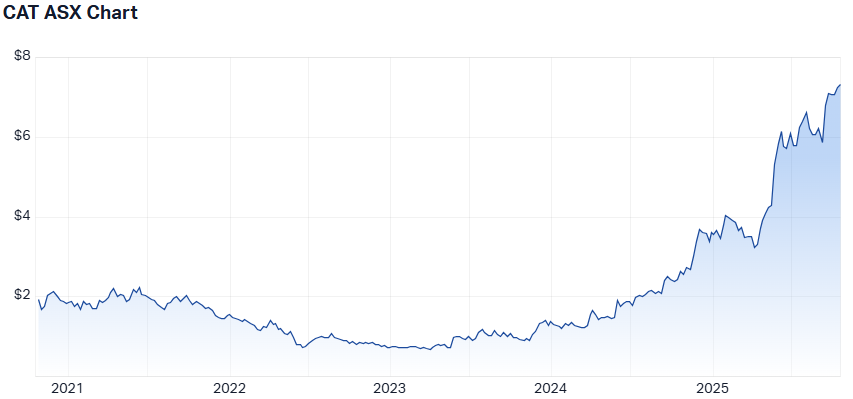
Newer names include Cuscal (ASX: CCL), the payments infrastructure company that recently listed on the ASX and has quickly become one of Forager’s largest positions. The team highlighted its strong strategic positioning in Australia’s real-time payments network and the earnings uplift from a recent acquisition, noting it reflects their willingness to scale exposure as conviction grows.
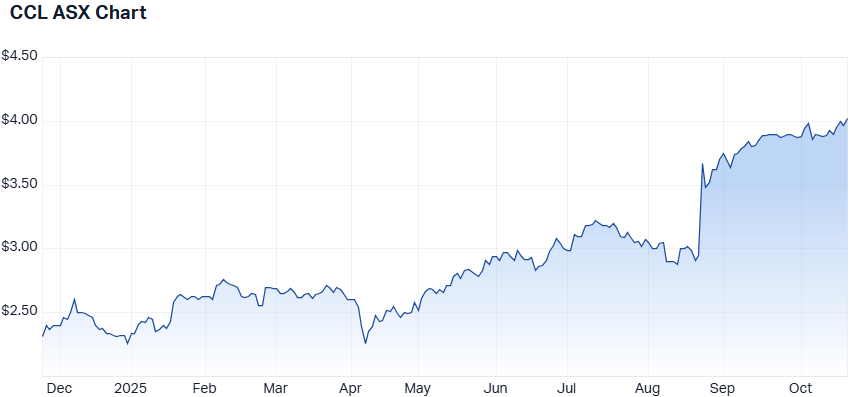
Shevelev pointed to Hipages (ASX: HPG), the online tradie marketplace. “Half of its revenue flowed through to free cashflow. That’s really strong operating leverage.”
He also highlighted IDP Education (ASX: IEL), once a market darling now rebounding from policy headwinds. “It fits the fallen-angel criteria perfectly,” he said. “Profits were down 58% last year after government caps on student placements, but cost cuts and early signs of policy normalisation make it very attractive.”
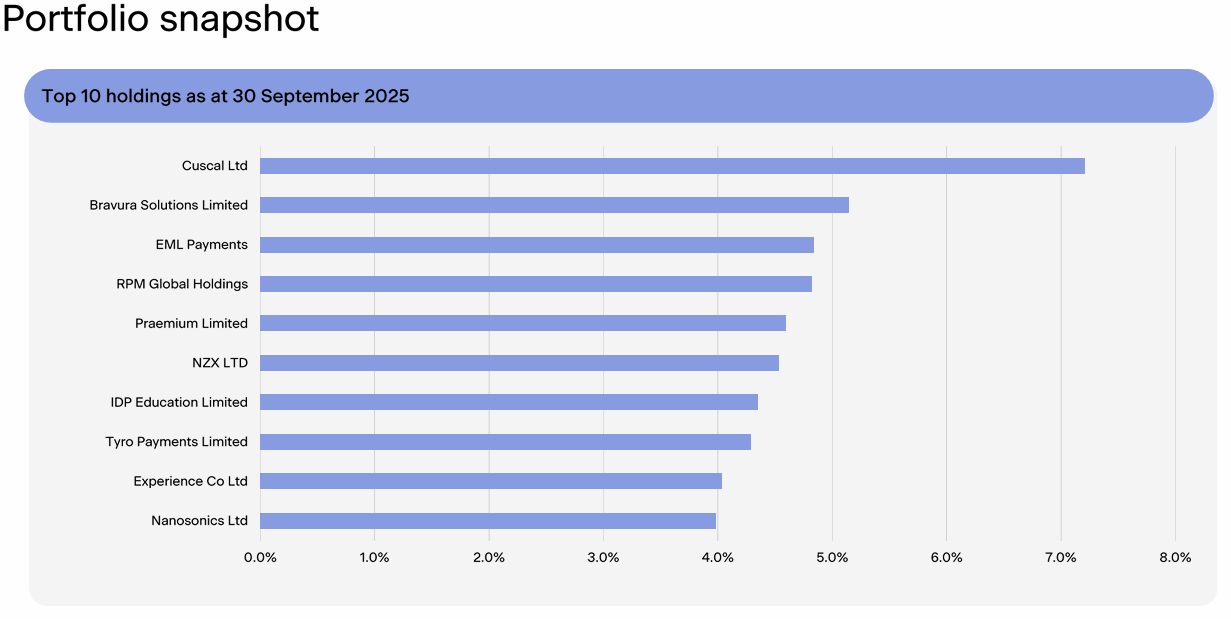
Patience, discipline and cash
Across both funds, the tone was one of measured optimism. Forager continues to hold elevated cash levels and maintain a disciplined stance amid mixed market signals.
“You shouldn’t expect protection from a short-term downturn,” Johnson cautioned. “But if you’re thinking long term, you want to be crossing your fingers for more volatility rather than less.”
The goal isn’t timing the next rally, but being ready for it. “We want to put money to work in panicked markets,” he concluded. “That’s when you set yourself up for higher future returns.”
.png)
.png)
If you are interested in hearing where Forager is finding opportunities in this environment, subscribe to their monthly and quarterly reports to find out more.
5 topics
4 stocks mentioned
2 funds mentioned
3 contributors mentioned

